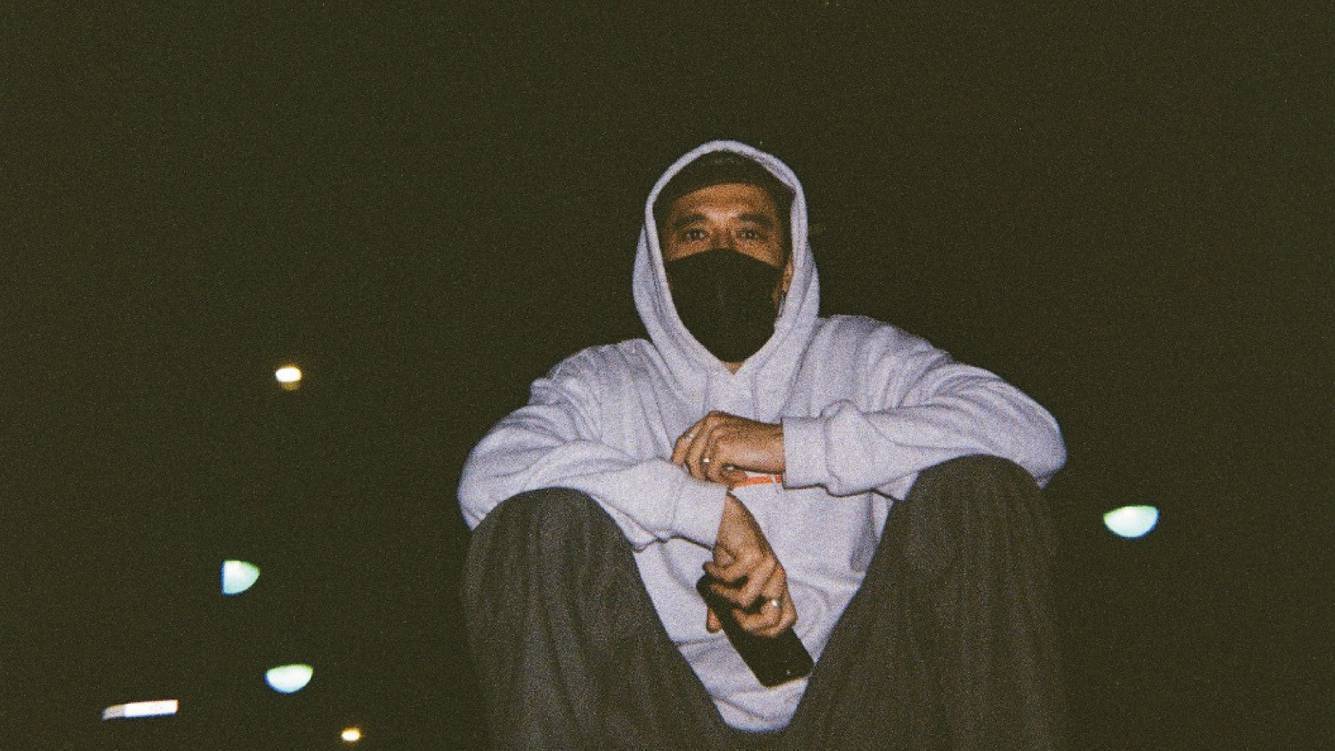by Brian Hioe
語言:
English
Photo Credit: Yeti Out
Brian Hioe spoke with Arthur Bray from Hong Kong-based Yeti Out on how Yeti Out began, its successes to date, and what comes next for the platform. The following article originally appeared on Electric Soul, a Hong Kong-based electronic music magazine and ticketing platform, on March 23th.
Brian Hioe: Could you first introduce yourself for readers that might not know you?
Arthur Bray: My name is Arthur Bray. I’m a creative producer, event organizer and DJ/broadcaster. Again, these are certain roles that change depending on whether there’s a pandemic, or whether it’s festival season or whatnot. Mainly, I embark on different creative projects and for the most part, they all fall under the umbrella of Yeti Out.
Rather than implementing what I should be doing, I kind of run with certain ideas and put them out on this platform. Yeti Out is a platform, but it is also a creative collective of people who are excited about similar things. Also different things in art and fashion and music.
That’s a broad answer. [Laughs]
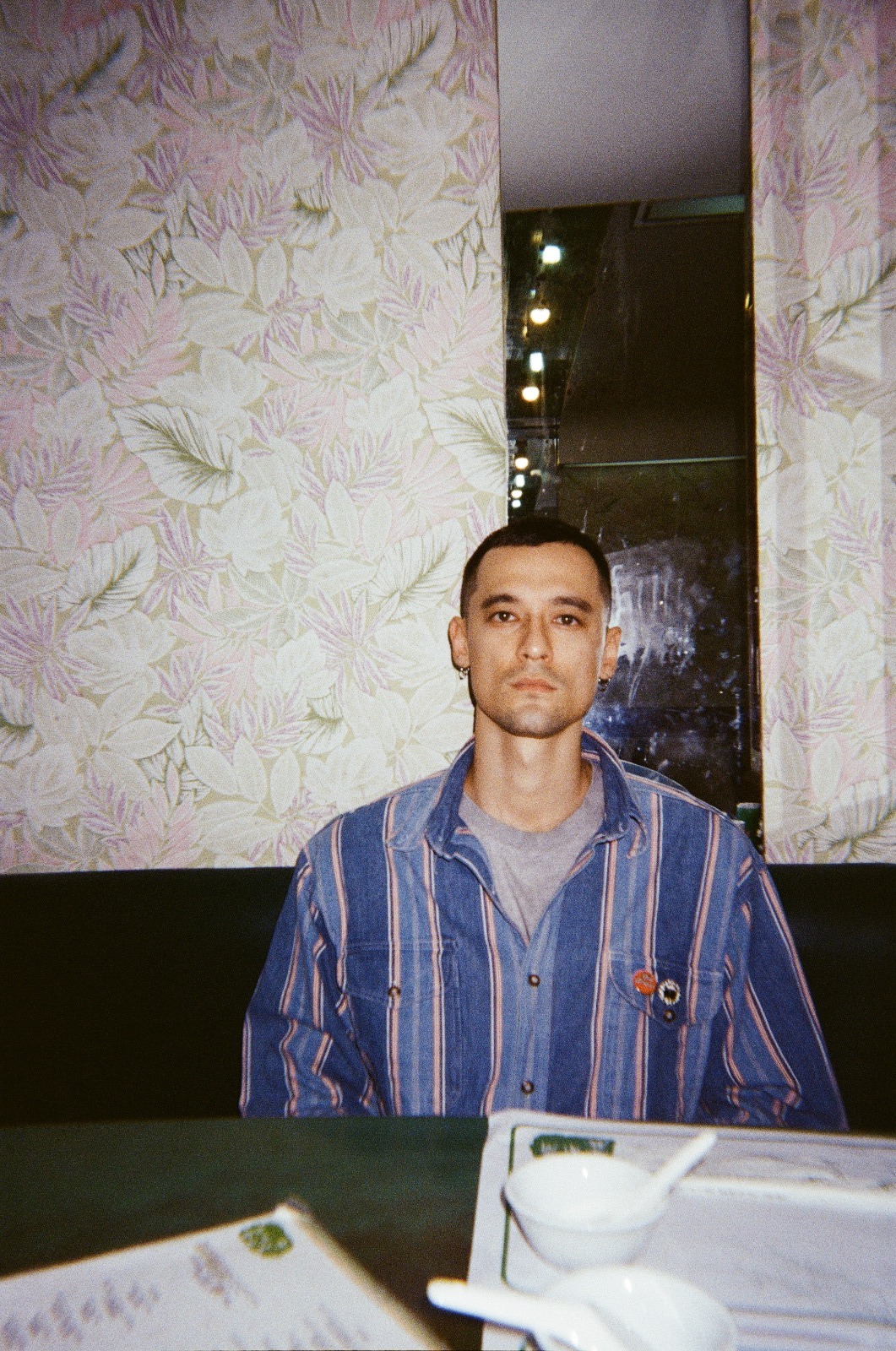
Photo credit: Chris Chan
BH: How did Yeti Out start? I know it started as a blog, but also branched out into becoming a party brand and record label.
AB: Yeti Out started as a blog in the late 2000s of internet publishing. Like other music sites in those times, we were heavily involved with Hypemachine, an aggregator, which was basically the early Google for music blogs. Me and my best friend in university, Erisen, went to the same university we met on MySpace before the first day of university. Then we realized we were housemates.
We spent the following three years going to shows, raves in the woods and immersing ourselves in as many different genres of music and live events as we could. Over time, we got the confidence to start throwing our own events. This was before Instagram, even Tumblr, so WordPress was the tool. We came up with the name Yeti in the Basement (that’s a different story), created a URL, and became DIY journalists, blagging guestlists and backstage passes to shows and early promo releases in exchange for banner space for upcoming parties and blog posts.
Now it’s become something else entirely, but at heart, we’re first and foremost fans of music–new music and artists and so at the core of it, we always try to promote the stuff we’re interested in. Whether it’s a blog or party, radio station or record label stems from the same place, which is discovery.
It’s always hard trying to explain what it is, but it is a transient think tank. Because we are based in different places and in normal circumstances, we’d be on the road quite a bit. So it is constantly evolving and what it is in 2010 is different than what it is in 2022.
BH: That’s quite an accomplishment. What would you highlight in terms of your achievements yourself?
AB: I think just being able to figure things out ourselves, independently.
Now, with Instagram and social media, an entrepreneurial career is fairly normal and accepted, and the term “DIY” can be a pretty washed marketing slogan. But when we started – there were still certain loopholes and industry standards that limited how self-sufficient you could be as a creative. For example, certain magazine titles dictated how much exposure you’ll get, signing with an artist booking agency would mean a greater chance of playing shows and touring the right festivals, and record label deals & PR agencies were the only ways you could get your foot in the door. But over our ten to twelve years throwing parties, releasing projects in music and fashion, and DJing on a global level, we’ve never worked with a booking agent, no publicist, no investor, no artist management, we pieced the puzzle together ourselves through intuition and collaborating with people who were equally passionate.
Coachella with the likes of Aphex Twin, Four Tet, Virgil Abloh, FKJ, and others was definitely exciting. There are also the more obvious achievements, such as collaborating with Coach to design, a collection for New York Fashion Week–seeing our ideas stem from us just bounding thoughts off of each other on WeChat, to seeing them down the runway of a luxury fashion brand and in stores worldwide – was weird having shop staff sell us on “Yeti Out” as a “Pan-Asian party promoter-brand” at the Coach store in Dubai airport when we were on layover once.
But other achievements are very much in arm’s reach and are equally exciting even though they might not be immediately recognized, like releasing music from friends on our label Silk Road Sounds. The last year, we worked with Hong Kong post-punk band N.Y.P.D. 南洋派對 and Seoul-based dance music producer Closet Yi on a few releases and we have another 2 EPs lined up with The Magus Project, the alias of James Banbury’s 1992 hardcore and breakbeat moniker.
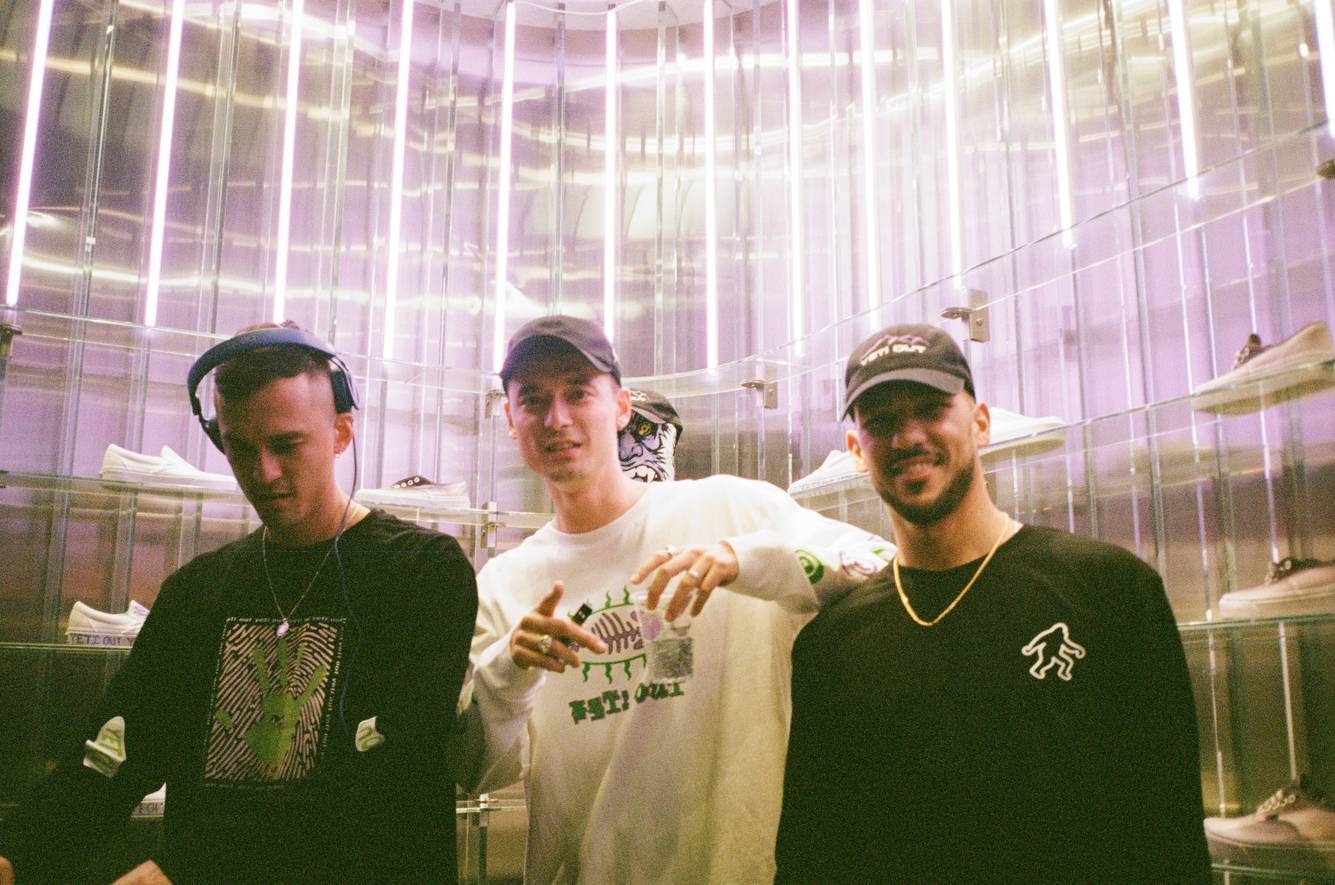
BH: What are the changes that you’ve seen in Yeti Out, then? Do you think that the project has transformed?
AB: Absolutely. It’s definitely changed over time. Whether it’s utilizing Bandcamp or the introduction of the now Metaverse, music sharing and community interaction platforms that are constantly changing but the idea is that you understand that there’s all this change, but not feel pressure to engage with all of it. To take our time with it. That’s the good thing about being independent, to be able to work with your friends and have control and pace over what we want to do. It is as much about being progressive and putting our best foot forward as it is about going off intuition.
BH: Do you also think that relocating from Hong Kong to the UK and back changed anything as well?
AB: Yeah. By nature. I’m half-Cantonese and half-British, my brother is based in Shanghai, my other partner and best friend is Turkish and Cypriot but from London. We’re all quite multicultural as it is, but that said, we also very much understand where we come from and what home means to us.
Yeti Out has always been about connecting with different creative tribes in different cities. Whether it’s throwing a party with our guys tokyovitamin or the Cakeshop crew in Seoul, or linking up in Paris Fashion Week after some dates in CDMX with the NAAFI crew – there’s a support system between friends where we genuinely want to help each other grow ideas that we’re passionate about.
BH: A lot of the collaborations you’ve done with Nike, or Vans, or Coach, what’s the project that you think you enjoyed most? Do you think these collaborations have changed the way that Yeti Out does things?
AB: Yeah. There are a lot of things that we have ideas for and would like to do, but we can’t really execute without the correct partners. Brands, as much as they have their own intentions and reasons for existing, when we collaborate with them, we try to create a situation that benefits one another.
For example, we have ideas, but we don’t have a factory to produce quality sneakers, they make great sneakers, but would like to target a specific youth community. These partnerships are ways in which we can create something new. Sometimes music can be quite esoteric, but product, design, and graphics are other ways to connect with people to tell a story.
Sometimes it works, sometimes it doesn’t It’s always trial and error.
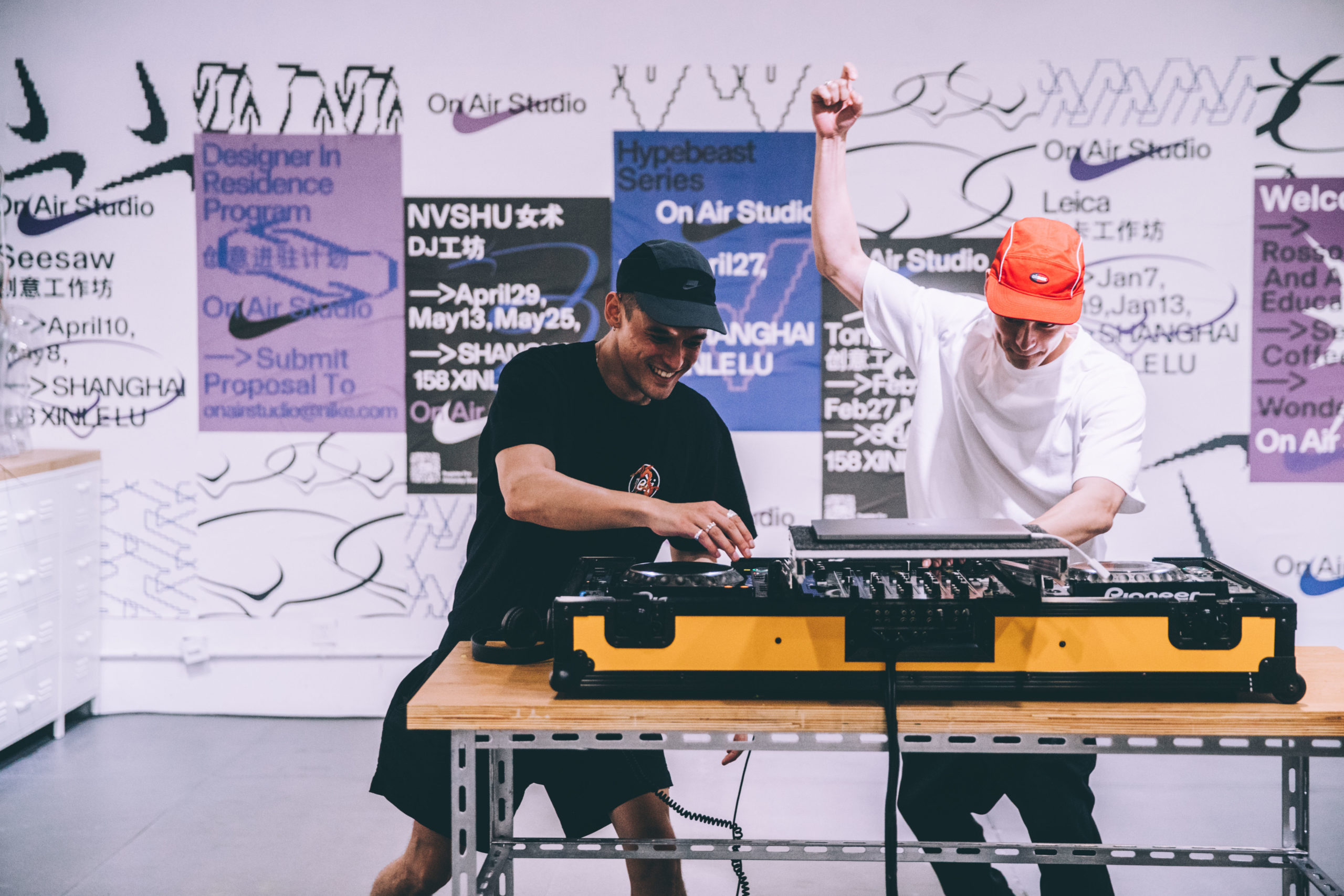
BH: How would you sum up the aim of Yeti Out? Do you think it’s been a successful project?
AB: We really want to be able to create a place for exchange and sharing – whether that’s the corridors of a club at a party we’re throwing or a show at our radio station. If you’re excited about something, it’s likely others are too. A lot of projects also come from necessity. When I grew up in Hong Kong, there wasn’t really so much going on that I could really sink my teeth into.
Sure, there were different underground scenes, but there could always be more platforms, and there could always be more magazines, radio shows, and parties. From all these different projects, more dialogue is created and artists can share their work, ultimately growing the creative scene in Hong Kong.
BH: What do you think is next for Yeti Out? Are there any plans you’d like to talk about?
AB: We launched a radio station about a year ago called FM BELOWGROUND in the basement of Landmark. Radio is a big part of Yeti Out, as we have a residency on Rinse FM and NTS, it’s also an extension of what we’d normally do touring, run a pop-up shop and radio session, and invite the local creative community to come and play shows and hang out.
When the touring stopped and we couldn’t really travel and do shows, we got the opportunity to create a radio station at the heart of Central. If you want to introduce alternative music to a wider audience, the best place to do it is somewhere people least expect it, so FM BELOWGROUND launched in downtown, money-making Queens Road. Sometimes going to the fringes is needed to push the agenda further. We curate a wide spectrum of sound from different local DJs and international guests across 24/h of broadcasts from our site belowground.fm.
With touring on hold, the community radio has been a big part of being able to maintain what we’re really excited about, which is sharing new music and conversations.
We also launched BEDFORD HARDWARE last year, a select shop opposite FM BELOWGROUND that stocks our friends, zines, gear, stickers, paint, skateboards and local libations for you to sip on while you listen to the radio. Bedford Hardware is sort of the second coming of a former creative space, quasi-trap house we all lived in circa 2015 to 2018 in the industrial Kowloon district of Tai Kok Tsui. What once housed the collective was torn down due to redevelopment and the crew disbanded, only to reunite in 2021 and resurrect the concept. We hope to do more in 2022, once we can start throwing parties again.
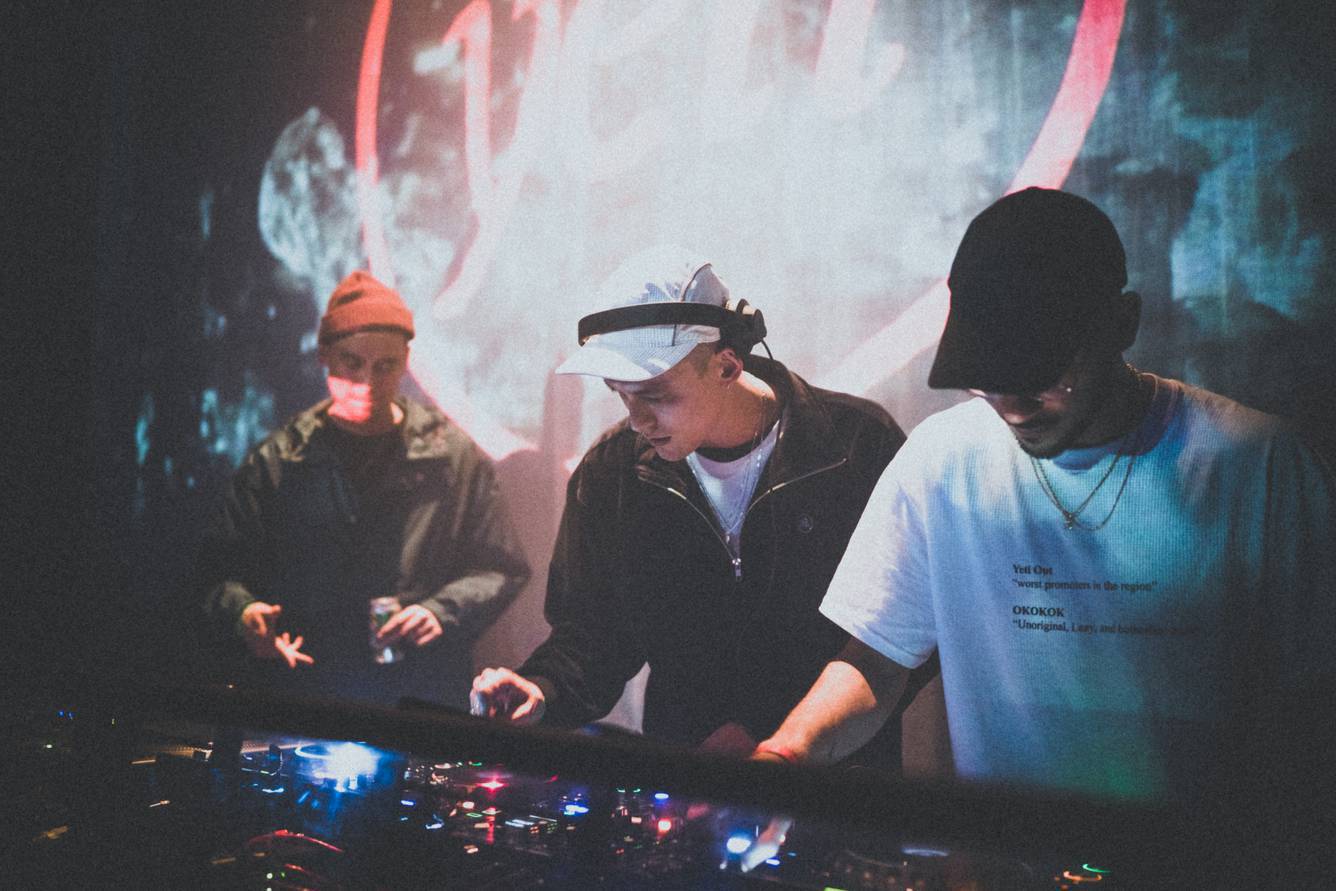
BH: What advice would you have for younger creators that are hoping to do projects similar to Yeti Out?
AB: There’s definitely no rule book to any of this. But I think it’s just, in normal circumstances–maybe not now during COVID–to go out as much as possible. Go to club nights, talk to weirdos, and go into each scenario with an open mind, Like yourself running an online magazine or radio hosts sharing music, there’s always so much cool stuff to share!
There’s this notion that everything needs to work out, but they definitely don’t. And they most definitely don’t in the world of parties, tours, and booking Proceed with curiosity and learn as you go along!


